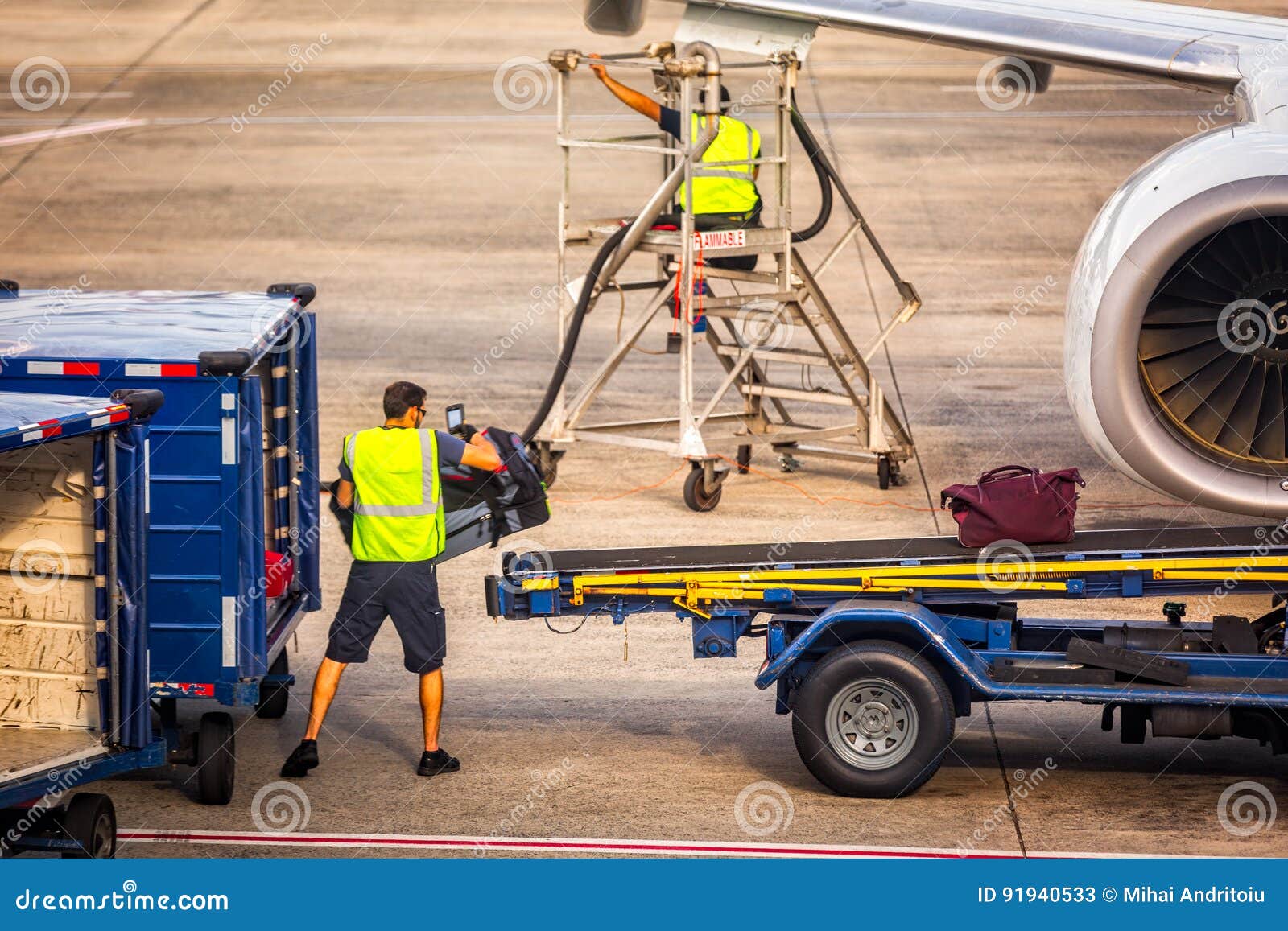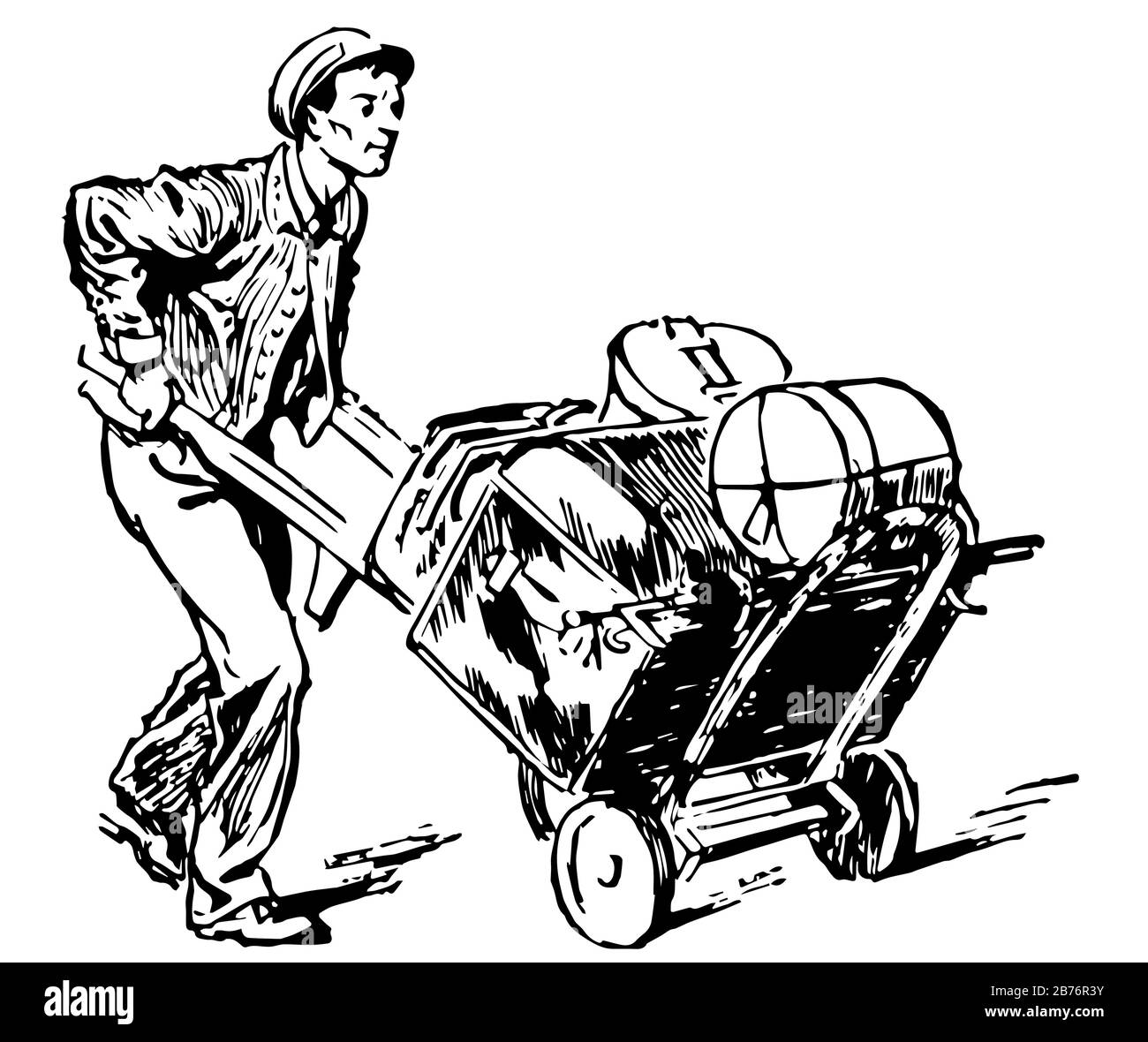Historical Evolution of the Porter

The role of the porter has evolved significantly throughout history, adapting to changing societal needs and technological advancements. From humble beginnings as a simple carrier of goods to a multifaceted profession encompassing various responsibilities, the porter’s journey reflects the dynamic nature of work and its interconnectedness with societal progress.
Ancient Civilizations
The origins of the porter role can be traced back to ancient civilizations where the need to transport goods and materials was essential for survival and trade. In ancient Egypt, for example, porters played a crucial role in the construction of pyramids and other monumental structures. They were responsible for carrying heavy stones and other building materials, often working under harsh conditions. Similar roles existed in ancient Mesopotamia, Greece, and Rome, where porters were employed in various sectors, including agriculture, commerce, and military logistics.
Medieval Europe, Porter definition
During the medieval period in Europe, the porter role continued to be an integral part of society. Porters were employed in various settings, including castles, monasteries, and towns. Their duties often involved carrying goods, guarding entrances, and providing general assistance. In castles, porters were responsible for guarding the gates, checking visitors, and maintaining security. In monasteries, porters were often tasked with receiving guests, managing supplies, and assisting with daily tasks.
Industrial Revolution
The Industrial Revolution brought about significant changes in the role of the porter. With the rise of factories and the increased production of goods, the need for efficient transportation and logistics grew. Porters became essential in factories, warehouses, and shipping yards, handling goods, loading and unloading cargo, and ensuring smooth operations. As industries grew more complex, the responsibilities of porters expanded to include tasks such as inventory management, customer service, and even security.
Modern Day Porter Roles and Responsibilities

The role of a porter has evolved significantly over time, adapting to the changing needs of various industries. In the modern context, porters are essential service providers who perform a variety of tasks to ensure the smooth operation of businesses and the comfort of their clients.
Modern Definition of a Porter
A modern-day porter is a skilled individual who performs a variety of tasks related to the transportation, handling, and delivery of goods and materials, as well as providing customer service and assistance. This role encompasses a wide range of duties, from assisting guests with luggage to delivering medical supplies or handling cargo.
Porter in the Service Industry: Porter Definition

Porters play a vital role in various service industries, contributing significantly to customer satisfaction and operational efficiency. Their responsibilities often extend beyond basic tasks, requiring them to be adaptable, proactive, and customer-focused.
Porters in Hospitality
Porters are essential in the hospitality industry, particularly in hotels and resorts. They contribute to a seamless and positive guest experience by performing various tasks, including:
- Assisting guests with luggage and baggage handling, ensuring a smooth check-in and check-out process.
- Providing room service delivery, ensuring timely and accurate delivery of meals and amenities.
- Maintaining the cleanliness and orderliness of public areas, such as lobbies, corridors, and restrooms.
- Responding to guest requests and inquiries, providing helpful information and assistance.
- Escorting guests to their rooms, ensuring their comfort and safety.
By effectively performing these tasks, porters contribute to guest satisfaction, creating a positive impression and enhancing the overall hotel experience.
Porters in Healthcare
In healthcare settings, porters play a crucial role in supporting patient care and operational efficiency. Their responsibilities include:
- Transporting patients and medical equipment within the hospital, ensuring timely and safe movement.
- Assisting with patient admissions and discharges, ensuring a smooth transition.
- Maintaining the cleanliness and orderliness of patient rooms and common areas.
- Responding to emergency calls, providing immediate assistance and support.
- Delivering supplies and medications to various departments, ensuring timely and accurate delivery.
The efficiency and professionalism of porters in healthcare settings directly impact patient satisfaction and the overall quality of care.
Porters in Transportation
Porters in transportation industries, such as airports and train stations, play a crucial role in passenger assistance and baggage handling. Their responsibilities include:
- Assisting passengers with baggage loading and unloading, ensuring smooth and efficient travel.
- Providing information and guidance to passengers, helping them navigate the transportation facility.
- Assisting passengers with special needs, ensuring their comfort and safety.
- Maintaining the cleanliness and orderliness of the transportation facility, contributing to a positive passenger experience.
- Responding to passenger inquiries and complaints, resolving issues promptly and professionally.
Porters in transportation contribute to a seamless and efficient passenger experience, ensuring a positive impression of the transportation facility.
Hypothetical Scenario: Porter in a Hotel
Imagine a busy hotel during peak season. Guests are arriving and departing, and the lobby is bustling with activity. A porter, with a warm smile and helpful attitude, approaches a guest struggling with their luggage. He offers to assist with their bags, making their arrival smoother and more pleasant. The guest is impressed by the porter’s efficiency and professionalism, leaving a positive review about the hotel’s excellent service. This scenario highlights the impact of a porter’s work on customer satisfaction and the hotel’s reputation.
Porter definition – A porter, in its simplest definition, is a person who carries loads, often for others. This word itself, like many others, has a fascinating history, its origins tracing back to the Latin word “porta,” meaning “gate.” And just like the meaning of “porter” has evolved over time, so too has the meaning of “moniker,” which is essentially a name or nickname, as explored in this article moniker meaning.
The evolution of language, particularly in the case of words like “porter” and “moniker,” highlights the dynamic nature of communication and its ability to adapt to changing times and contexts.
A porter, in the simplest terms, is a person who carries goods. This concept, though seemingly straightforward, encompasses a world of complexities, especially when considering the intricate dynamics of power and influence. For example, in Frank Herbert’s Dune universe, the role of a “porter” is elevated to a position of immense responsibility, as seen in the Jason of Dune NYT article exploring Duncan Idaho’s legacy.
This article highlights how even seemingly mundane roles, like that of a porter, can be woven into the very fabric of a complex and compelling narrative, further demonstrating the multifaceted nature of the “porter” definition.
